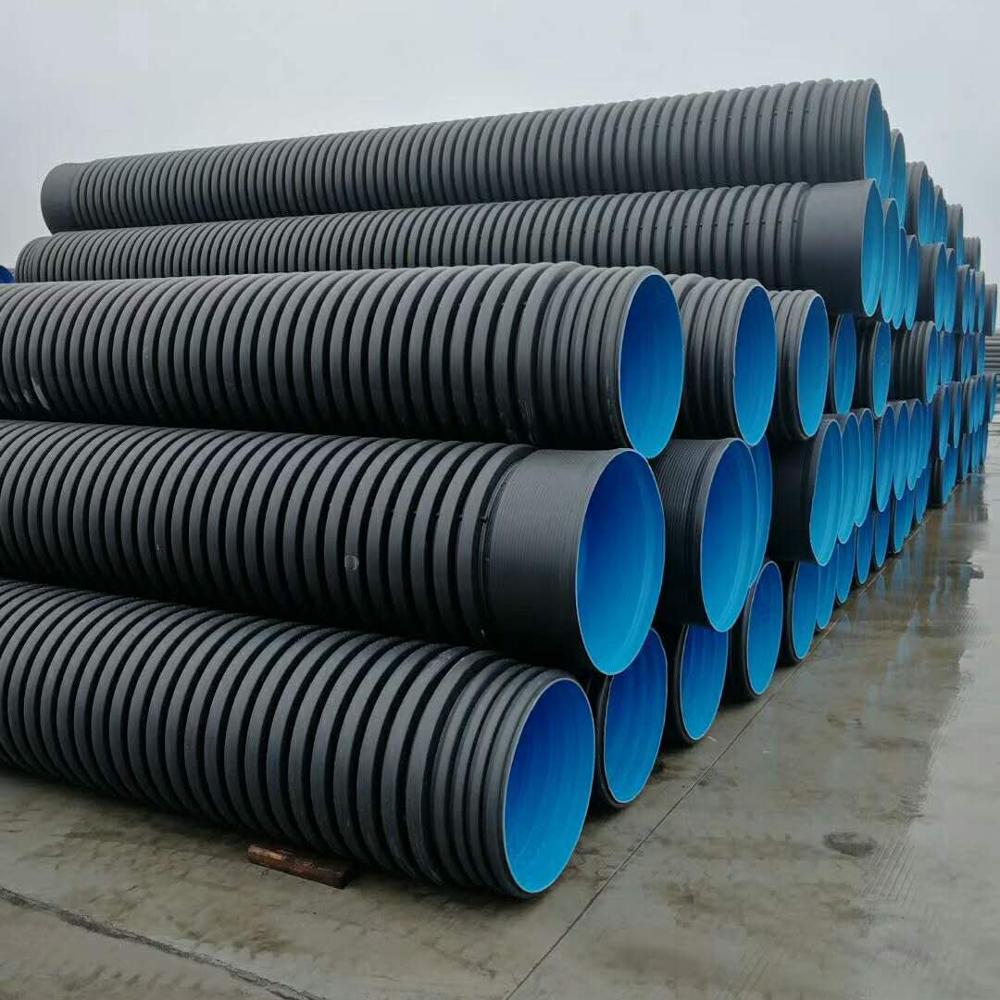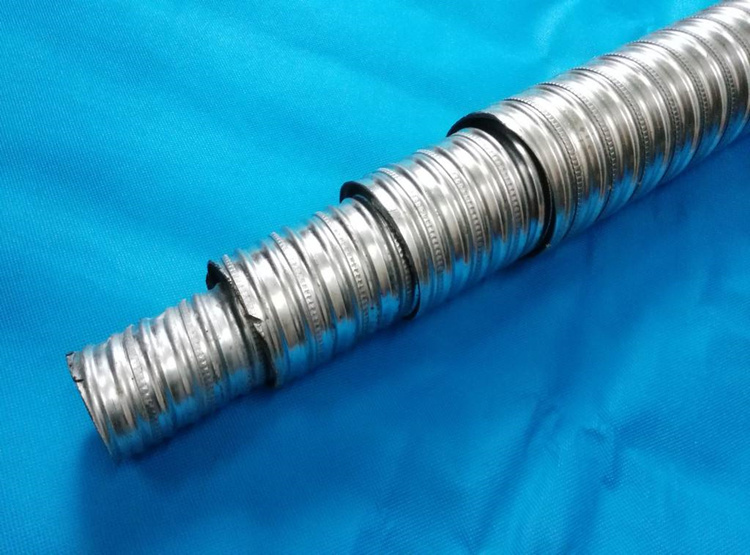Wires are what help us stay connected and keep our homes and facilities working in a way that is efficient and convenient. Without wires and cables, you wouldn’t be able to surf the internet or cook some food. But as essential as they are, wires are not able to last as long as we want them to if electrical conduits aren’t being used.
Electrical conduits are the protective path that wires are routed through, especially when they need to be routed through a wall. Although they offer the same benefits as BX (Armoured) cables, electrical conduits are not the same as armoured cables. The latter may be stronger and more durable but it isn’t meant to be used in damp or wet areas.
Corrugated Conduits

What Are They?
What can be used in both wet and damp areas and offers better protection than an electrical conduit is known as a corrugated flexible conduit. These conduits are heavy-duty variations of regular electrical conduits. A quality corrugated conduit is more versatile than any other electrical conduit because of its unique and rather conflicting feature.
Benefits
The feature that makes a corrugated electrical conduit stand out is its flexibility. While electrical conduits are flexible too, they are not as strong. The fact that a corrugated wire conduit is a lot stronger and still quite flexible, is remarkable. The level of protection a corrugated electrical conduit offers refers to both impact resistance and chemical corrosion resistance. Corrugated electrical conduits are also better at withstanding high temperatures for long periods of time. Corrugated conduits are also pollution-free and because of their versatility, they can be used in both commercial and industrial applications.
Types of Corrugated Conduits

PVC
Known as polyvinyl chloride, PVC corrugated conduits are able to offer great fireproof capabilities as well as a sleek appearance. The latter is useful if you need to place conduits outside instead of burying them. PVC conduits can survive in high tensile applications and they also have a long lifespan. A PVC corrugated conduit is the best solution when you want the most rugged and heavy-duty solution. Keep in mind that you sacrifice plenty of flexibility for this.
PU
A PU or polyurethane corrugated flexible conduit is indeed one that is made to be used in light-duty applications. The versatility of a PU conduit comes from the fact that this type of conduit can resist corrosion as well as abrasions and chemical damage. What is quite unique about polyurethane corrugated conduits is that they are microbe-resistant and perform better in low-temperature applications. The fact that PU conduits are light means you can trim them to fit any type of installation.
PP
With a polypropylene corrugated flexible conduit, you can ensure that the electrical wiring routed through it stays well insulated. PP conduits are flexible even by plastic standards which makes them quite versatile but not as versatile as PU conduits. Polypropylene corrugated conduits are still quite good at providing protection in areas with harsh conditions as well as protection from chemicals. A polypropylene corrugated wire conduit is flame retardant too and it can be used on retrofitting jobs.
Nylon
Polyamide or nylon corrugated conduits offer unique capabilities. The fact that these electrical conduits are self-extinguishing makes them perfect in areas where fires are more common. Nylon corrugated conduits are both light and rugged which makes them effective against solvents, acids, as well as liquids and gasses. A nylon corrugated electrical conduit is still quite flexible and is also non-toxic. You can definitely use nylon corrugated conduits in industrial applications as well as in your household.
Other Types of Electrical Conduits

EMT
Known as an electrical metallic conduit, this type of electrical conduit is rigid and often made of galvanised steel. EMT conduits have a thin wall and are best used indoors in both residential and light commercial construction.
FMT
A flexible metal conduit comes with a spiral construction that lets you bend it easily. Unlike an EMT conduit, an FMT conduit acts much like a corrugated plastic conduit. If you want a conduit for short runs or for wiring running near water heaters then an FMT conduit is your best bet.
RMC
Rigid metal conduits are heavy-duty conduits that, like EMT conduits, are made of galvanised steel. They can hold more than just wires and can provide outstanding ingress protection which is why they are also used for the structural piping of houses. RMC conduits have also been used together with IMC (intermediate metal conduit) by being joined with threaded connections.
Conclusion
No wire or cable that enters and exits a solid structure can’t do so without a corrugated wire conduit. Corrugated conduits can be used to keep wires safe even if they aren’t routed through a solid structure such as a wall. Anyhow, using corrugated conduits is always a good thing as long as you know which type of conduit to use and how to use it.
